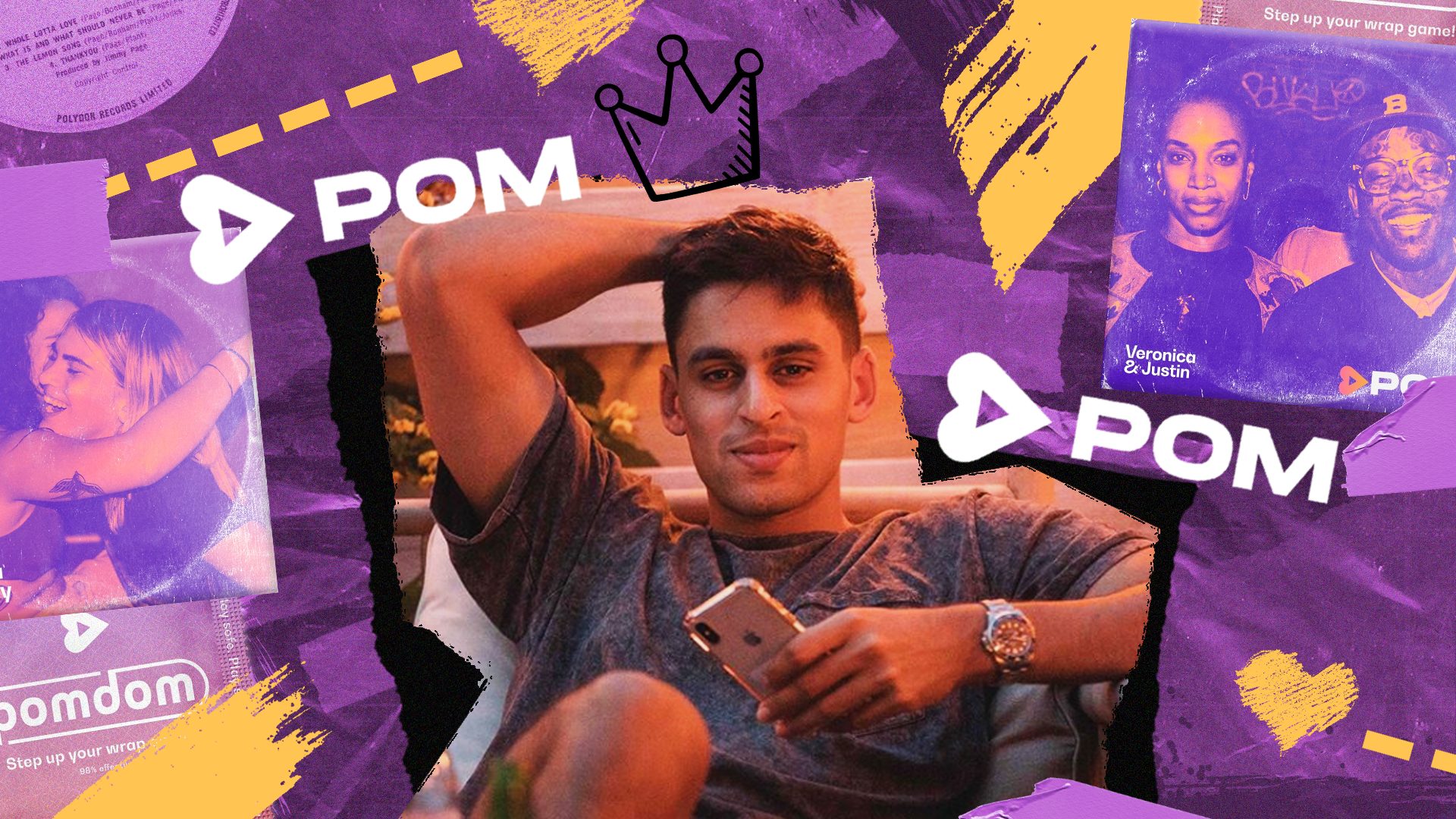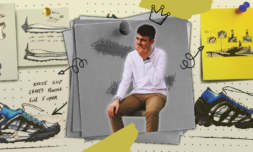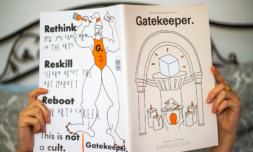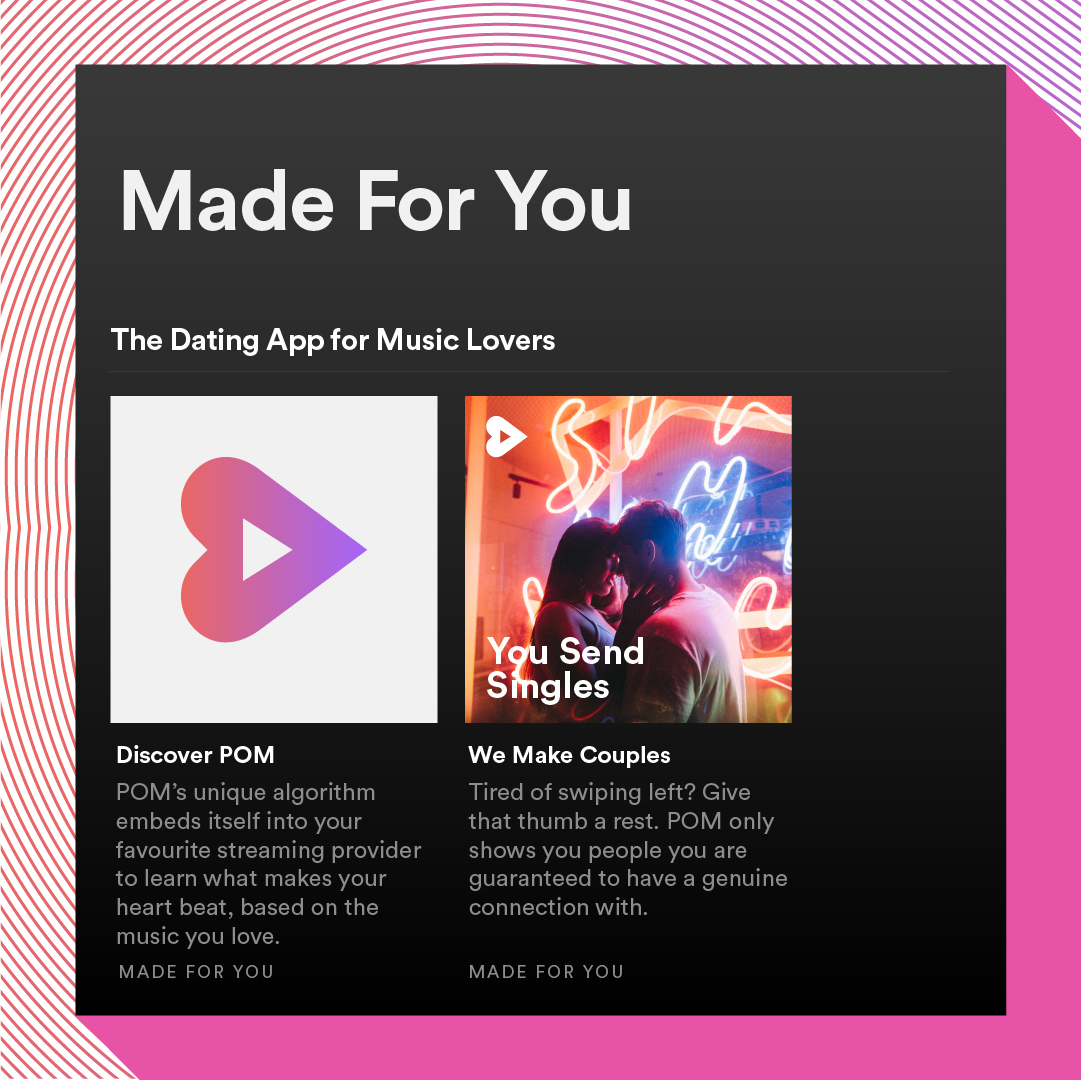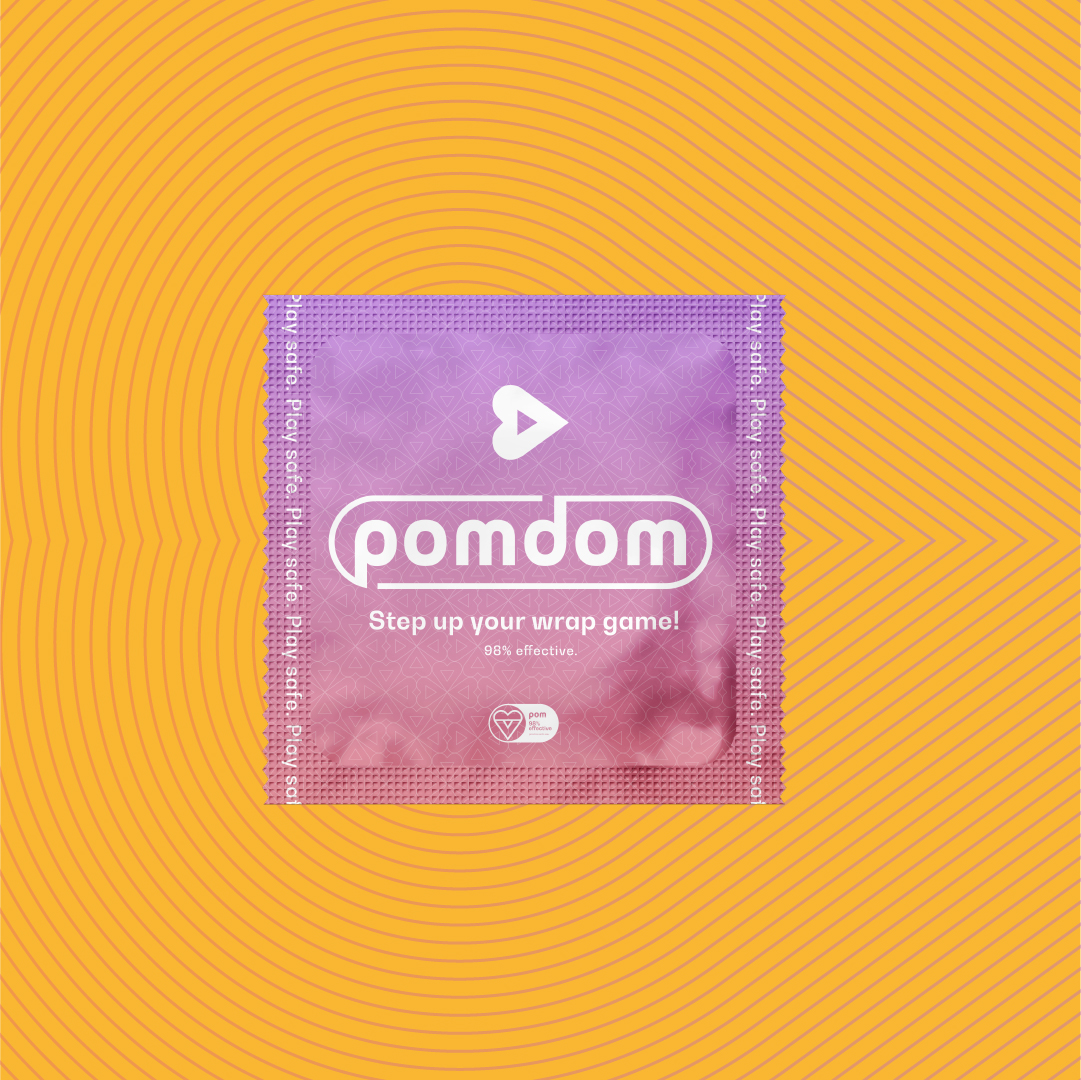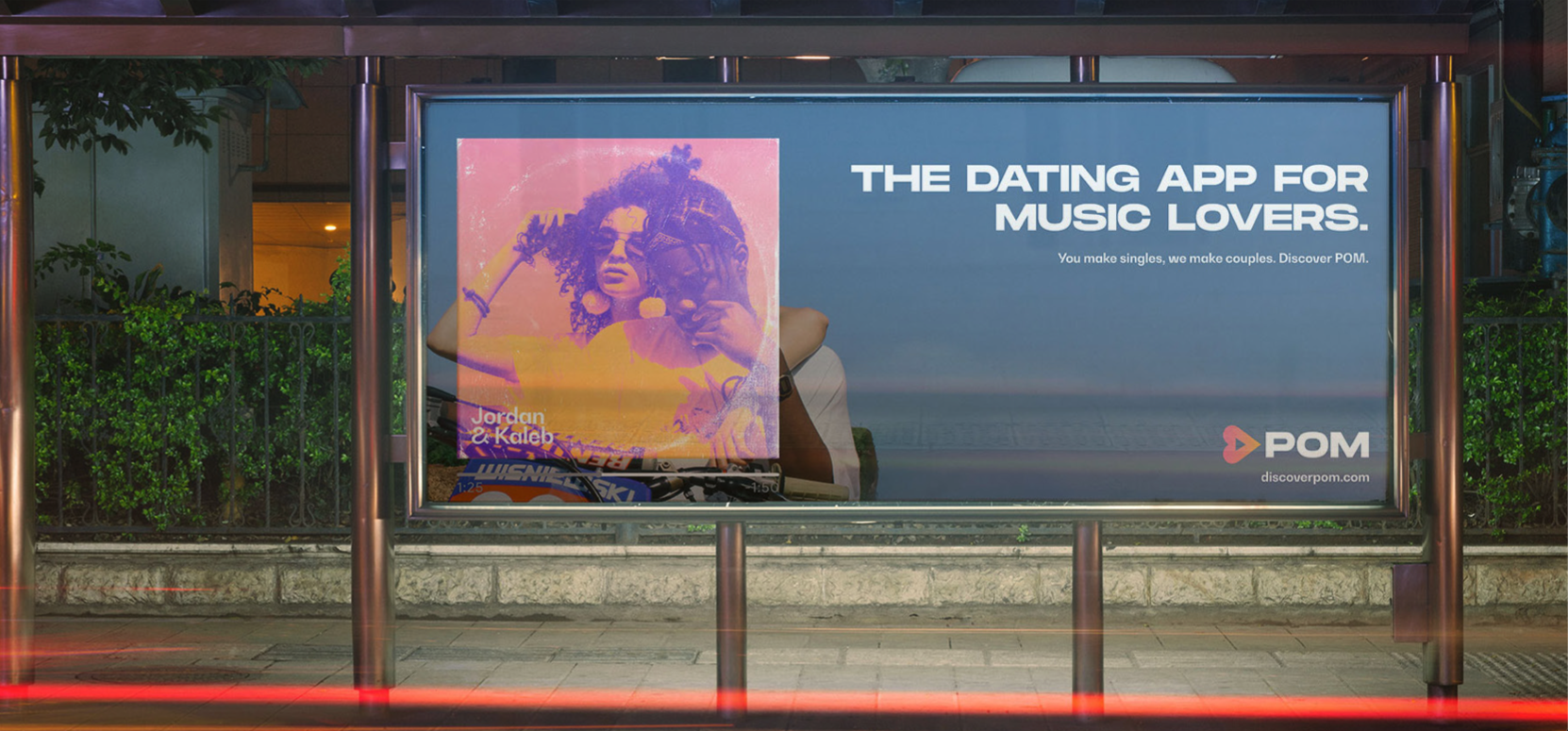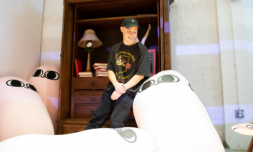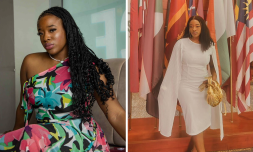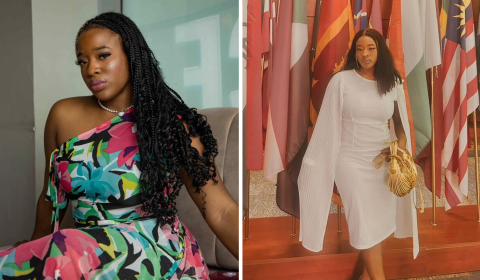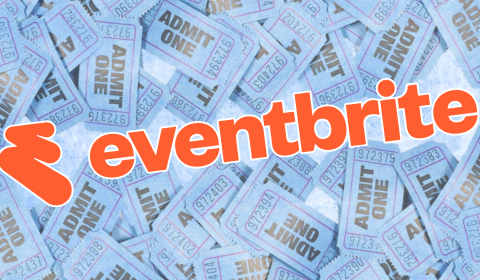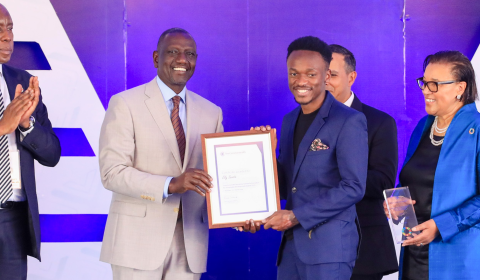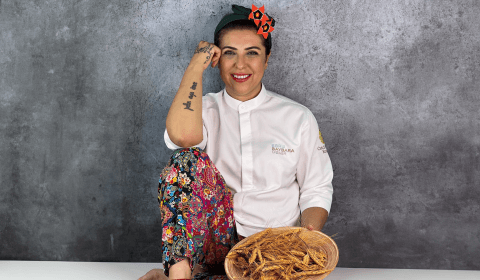I sat down with the 21-year-old founder of dating app POM to talk tunes, tech, Lewis Capaldi, and why 2020 might have been the best year ever to start a business.
As our world’s suddenly became a lot smaller during the events of 2020 many of us chose to seek refuge in digital spaces, and there’ve been few industries that have benefitted more from the pandemic than online dating. Match Group, the behemoth company that owns around 60% of the dating app market, has reported a 15% increase in new subscribers in the second quarter of 2020 since ‘quarantine’ became this year’s flagship hybrid verb/noun.
Yet, despite its swelling ranks, and despite the opportunities for innovation a ‘one world together at home’ situation seems to afford it, the online dating sphere seems to have stagnated. Whilst industry leaders like Tinder and Hinge have incorporated various options for cyber friendly dates, like video chat features, generally pandemic app daters have been faced with the same incomprehensible parade of faces on swipe-based apps that tickle our superficiality, shut down our empathy, and plunges us head-first into a geographically based human soup.
The field is ripe here for something new to cut through the brush and reframe the way we think about forging connections online.
Enter 21-year-old graduate Vihan Patel, and his app The Power Of Music (POM).
‘I think I got bored of dating apps,’ says Vihan as we sit down over Zoom to discuss the beta launch of his app in February. ‘I got bored of generic apps where dating is gamified. It’s a hot or not game… Dating shouldn’t be that.’
POM (pronounced phonetically not acronymically as I sheepishly confirm) is an idea that sounds simple, and will undoubtedly be simple in its execution, but has some deceptively complex psycho-mechanic thinking behind it.
The basic idea behind POM is that it matches users based on their music taste. You sign up via a music streaming platform (the initial launch is compatible with Spotify and Apple Music) where your taste is collated and analysed by algorithms. You’re then given a list of matches that POM believe suit your ‘emotional profile.’
Whilst you’ll still be able to curate a more ‘traditional’, front-facing profile for your matches to view, it’s the metrics of your full music library that truly determine who POM will show you.
‘It’s not manual entry, because we found that with manual entry, if I asked you who your favourite artist was then maybe you’d say something you think is more ‘cool’ or acceptable,’ Vihan explains. ‘If someone asked me who my favourite artist is I’d probably says something like Travis Scott, but if I’m in the shower I’m listening to Lewis Capaldi… I think the one you associate with the most is generally the one you’re embarrassed to tell someone else about.’
‘Our algorithm takes in everything,’ he goes on. ‘You can choose what you display, we let you have that, but your matches are not just going to be based on what you say your music is but will be an emotional fit to you as you.’ To be clear, users can’t display songs on their profile that aren’t represented somewhere in their extant library. There’s no hiding on POM.
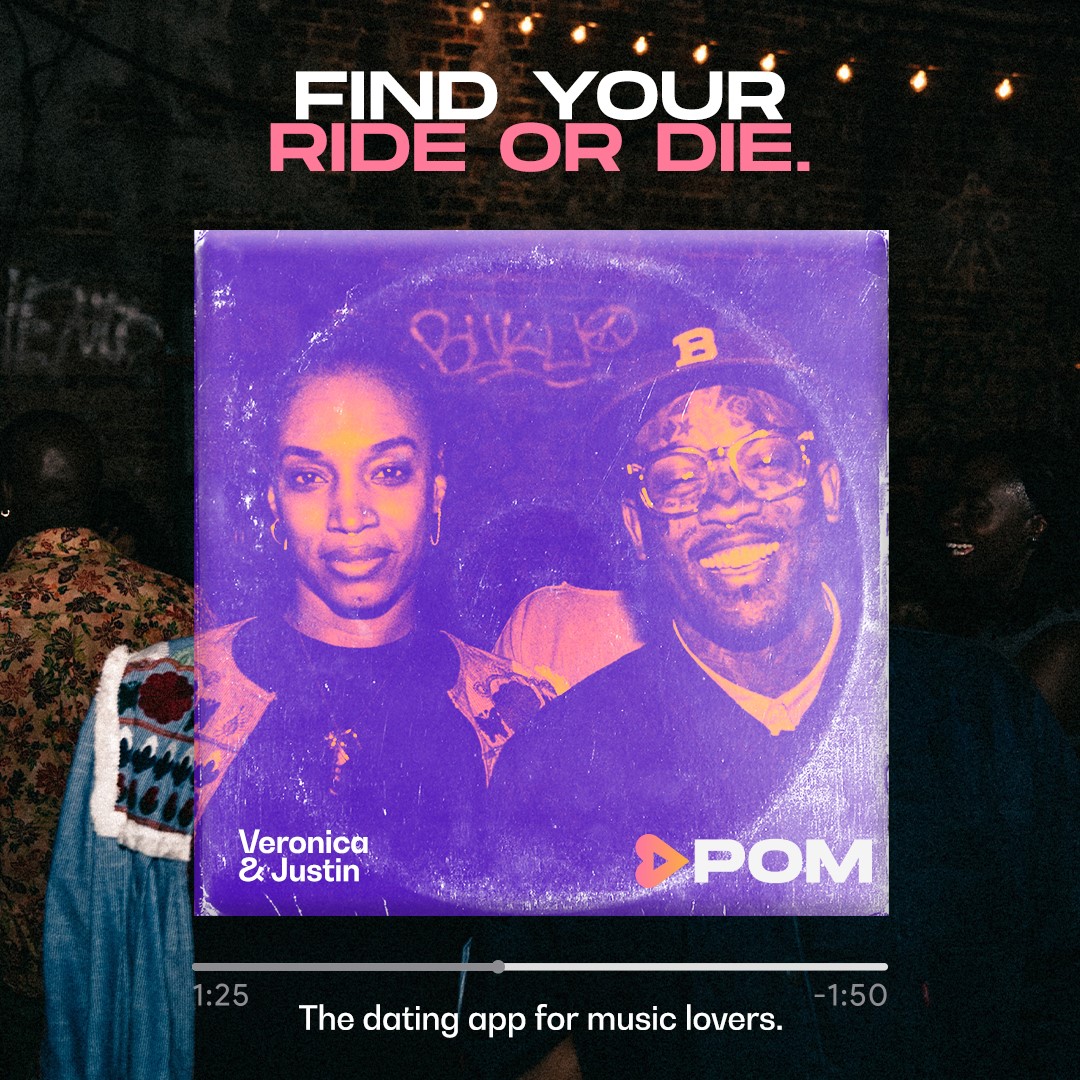
I clearly look quite uncomfortable at the thought of this flagrant honesty. I’ll hopefully be early adopter of POM, having signed up to the beta launch, and I’m worried that my nervous reaction to Vihan’s description of this no-holds-barred approach to algorithmic depth will come across negatively.
‘Well sh*t, I’m f*cked,’ I say, negatively.
As someone who has always wanted to be like Tash Sultana or Kate Bush in any of their songs but is actually a lot more like Miley Cyrus in any of her songs, I’ve always felt on the uncool side of the unabashed line of social stratification music taste tends to engender.
In fact, the instinctually anxious reaction of people like me who are used to the superficial norms of online dating is no bad thing, but actually POM’s raison d’être.
‘You say that,’ says Vihan, ‘every single person I’ve explained this to has been like “oh i’ve listened to a lot of x while nobodies there and I’m going to match with a bunch of 60-year-old men” or something but everything thinks the same thing. There are going to be people who like you and your sort of music.’
Traditional dating apps have become museums of intense curation such that it’s a zero-sum-game for anyone wishing to be authentic, and it’s this thrust towards genuineness that makes POM unique in their field. ‘We wanted to make it real,’ states Vihan. ‘Make it possible to have that emotional connection, but also make it simple, easy, and fun without making it a game.’
At this point in the conversation, I’m still a little sceptical about the ability for someone’s Spotify library to act as a blurb to them as a whole text. But, again, there’s more at play here than I think.
‘To clarify, it’s not just “I like Jay Z, you like Jay Z, we’re going to be a perfect match,”’ Vihan explains. ‘It’s all about your emotional response to that music. And our algorithm picks that up based on the valence of a song, the danceability, the BPM, all of that and more is factored in.’
‘How do you plan on doing that?’ I ask.
‘A lot of trial and error. How we find that out is where our machine learning comes in. Our first 15,000 users will manually input data attributing emotions to key points from their history to start building our emotional profiles and testing our existing predictive model. As you enter more the data itself will get smarter and will be able to identify certain patterns based on already existing research. Because it’s not a totally new concept we’re throwing out there, this is based on existing science, but we need the human data to start predicting it for our users.’









